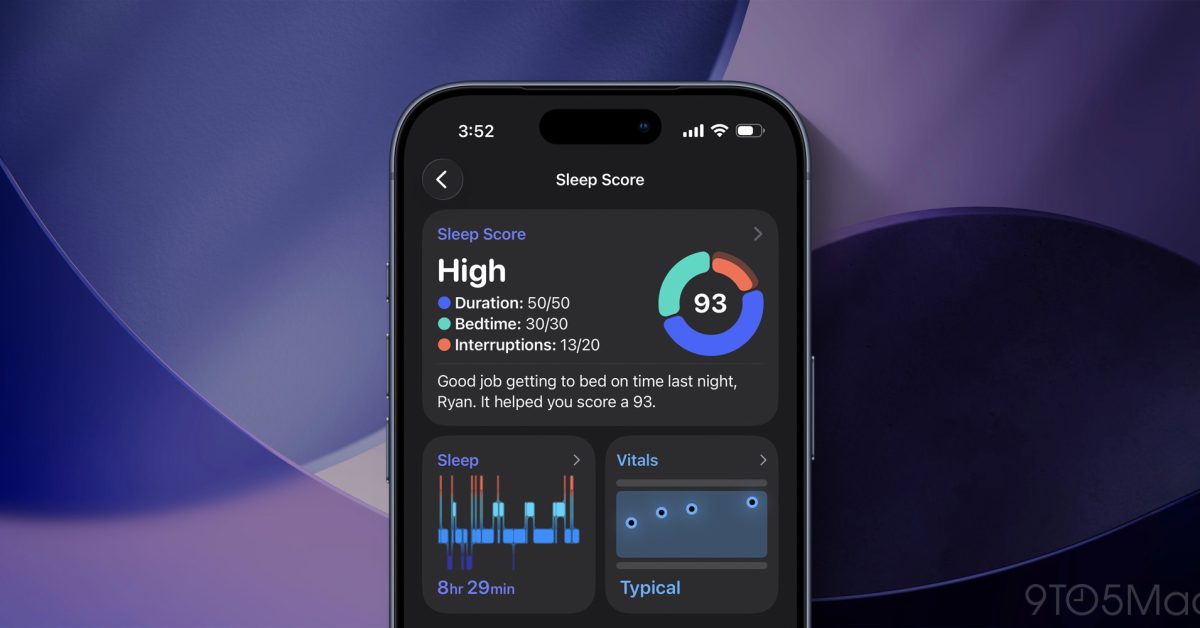Vince Gilligan, the acclaimed creator behind iconic television series such as Breaking Bad and Better Call Saul, has taken a firm stance against the use of artificial intelligence in his latest project, Pluribus, emphasizing that the series is entirely crafted by human hands.
Vince Gilligan’s Vision for Pluribus
Vince Gilligan has long been celebrated for his storytelling prowess and character development, which have garnered him numerous accolades and a dedicated fan base. With his new series, Pluribus, Gilligan aims to explore themes of morality, choice, and the human experience. However, unlike many contemporary creators who are increasingly integrating AI into their creative processes, Gilligan has made it abundantly clear that his work will remain untouched by artificial intelligence.
The Role of AI in Modern Storytelling
In recent years, the entertainment industry has witnessed a surge in the use of AI technologies, from scriptwriting to visual effects. Many creators have turned to AI tools to enhance productivity, streamline workflows, and even generate content. However, this trend has sparked a contentious debate about the implications of AI in creative fields. Critics argue that reliance on AI can dilute the authenticity of storytelling, while proponents claim it can serve as a valuable tool for inspiration and efficiency.
Gilligan’s rejection of AI in Pluribus stands in stark contrast to this trend. He believes that the essence of storytelling lies in the human experience, and that AI lacks the ability to capture the nuances of human emotion and moral complexity. In his view, the heart of a compelling narrative is rooted in the unique perspectives and lived experiences of its creators.
The Creative Process Behind Pluribus
Pluribus marks a significant departure from Gilligan’s previous works, as it delves into uncharted territory both thematically and stylistically. The series is set in a near-future world where technology and humanity intersect in profound ways. While the premise may suggest a reliance on advanced technology, Gilligan insists that every aspect of the show, from writing to direction, is firmly grounded in human creativity.
Character Development and Story Arcs
One of Gilligan’s trademarks is his ability to craft complex characters who grapple with moral dilemmas. In Pluribus, he continues this tradition by introducing a diverse cast of characters, each facing their own challenges in a rapidly evolving society. The show’s narrative structure promises to intertwine their stories in unexpected ways, ultimately leading to a deeper exploration of what it means to be human in an age dominated by technology.
Gilligan has stated that he is particularly excited about the character arcs in Pluribus, emphasizing that they will be developed through careful writing and collaboration with actors. He believes that the chemistry between cast members and their ability to bring characters to life is irreplaceable and cannot be replicated by AI-generated scripts.
Industry Reactions to Gilligan’s Stance
The entertainment industry has been abuzz with reactions to Gilligan’s declaration. Many creators and industry insiders have expressed support for his position, praising his commitment to preserving the integrity of storytelling. Some have even called for a broader conversation about the role of AI in creative fields, advocating for a balance between technological innovation and human artistry.
Support from Fellow Creators
Several prominent figures in the television and film industry have publicly backed Gilligan’s stance. Showrunners, writers, and directors have taken to social media to express their admiration for his dedication to human-driven storytelling. Many argue that Gilligan’s approach serves as a reminder of the importance of authentic narratives that resonate with audiences on a personal level.
For instance, fellow showrunner and writer Shonda Rhimes commented, “Vince is right. The heart of storytelling is human connection. AI can assist, but it can never replace the soul of a story.” This sentiment has been echoed by others who believe that the unique insights and emotional depth that human creators bring to their work cannot be replicated by machines.
Concerns from Industry Analysts
While many have lauded Gilligan’s commitment to human creativity, some industry analysts have raised concerns about the potential implications of his stance. As AI technologies continue to evolve, there is a growing fear that creators who refuse to embrace these tools may find themselves at a competitive disadvantage. In an industry that increasingly prioritizes efficiency and cost-effectiveness, the reluctance to adopt AI could hinder the ability to produce content quickly and at scale.
Moreover, some analysts argue that Gilligan’s approach may alienate a segment of the audience that is becoming accustomed to the seamless integration of technology in storytelling. As viewers become more familiar with AI-generated content, there is a risk that they may not fully appreciate the nuances of human-driven narratives.
The Future of Pluribus
As Pluribus moves closer to its release, anticipation continues to build among fans of Gilligan’s previous works. The show promises to deliver a thought-provoking exploration of humanity’s relationship with technology, all while remaining firmly rooted in the human experience. Gilligan’s commitment to a human-driven creative process sets a precedent for future projects, encouraging other creators to reflect on the role of AI in their own work.
Potential Impact on the Industry
Gilligan’s decision to eschew AI in Pluribus may have broader implications for the entertainment industry. As more creators take a stand against the encroachment of AI in storytelling, it could lead to a renewed focus on human creativity and authenticity. This shift may inspire a wave of projects that prioritize emotional depth and character-driven narratives, ultimately enriching the landscape of television and film.
Furthermore, Gilligan’s stance could spark a larger conversation about the ethical considerations surrounding AI in creative fields. As technology continues to advance, questions about authorship, originality, and the value of human creativity will become increasingly relevant. Gilligan’s commitment to human storytelling serves as a reminder of the importance of these discussions as the industry navigates the evolving landscape of technology and creativity.
Conclusion
Vince Gilligan’s declaration that Pluribus was “made by humans” underscores his unwavering belief in the power of human creativity and storytelling. As the entertainment industry grapples with the implications of AI, Gilligan’s commitment to authenticity serves as a beacon for creators seeking to preserve the essence of storytelling. With Pluribus on the horizon, audiences can expect a compelling narrative that reflects the complexities of the human experience, all crafted by the hands of dedicated artists.
Source: Original report
Was this helpful?
Last Modified: November 11, 2025 at 9:40 am
2 views















